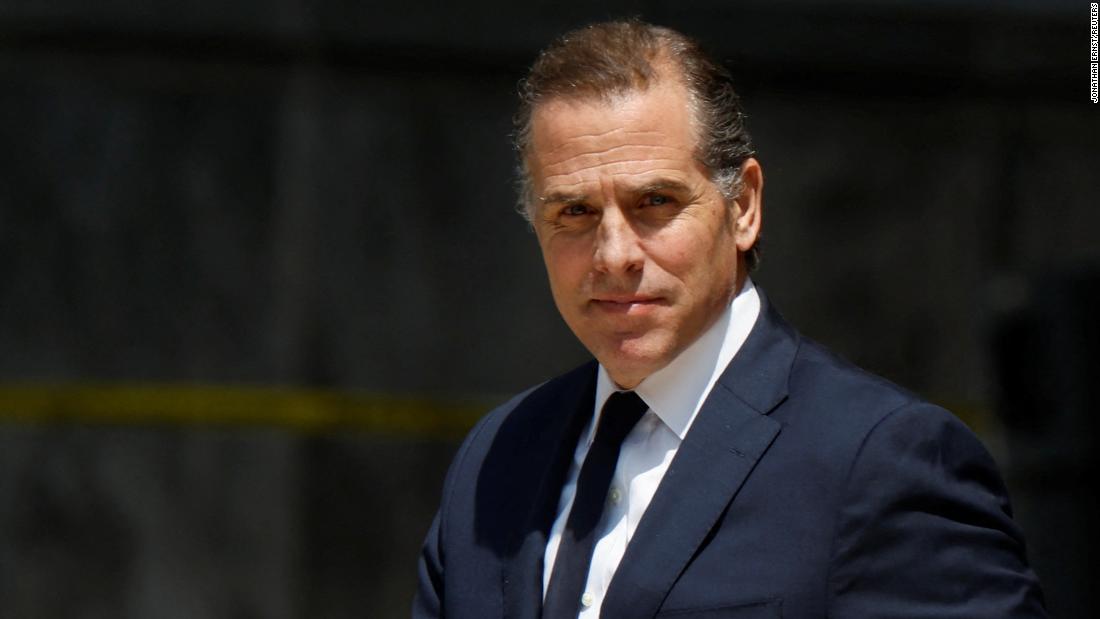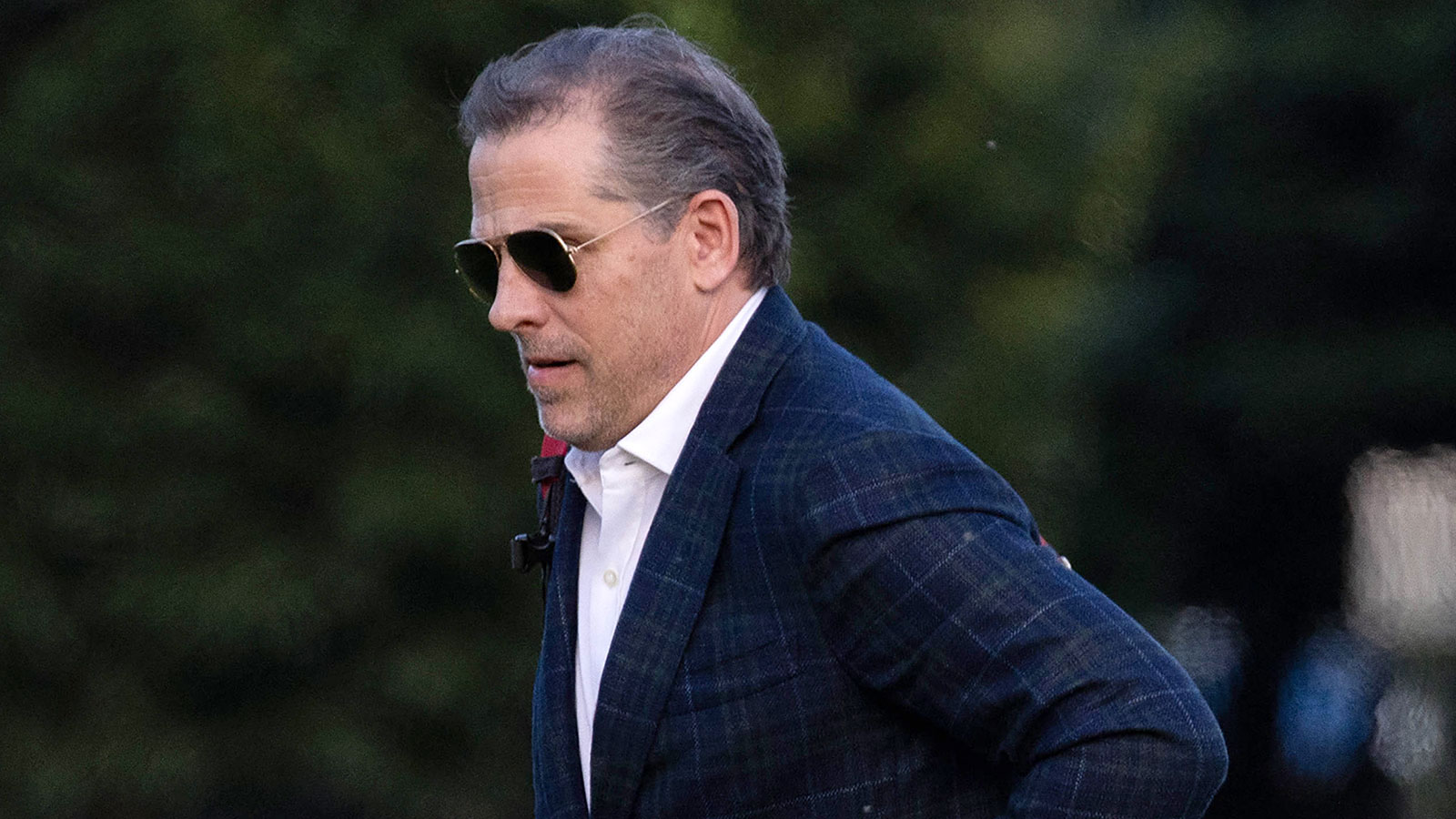

The Trump-appointed US attorney who is investigating Hunter Biden has been given special counsel status after plea talks between the Justice Department and the president’s son fell apart.
The prosecutor, David Weiss, asked Attorney General Merrick Garland for the new authority after plea talks to resolve tax and gun charges reached an impasse, with a trial now likely.
Garland’s decision, which he announced Friday, gives Weiss more powers than a typical US attorney and puts the nation in uncharted territory, with three special counsels at the Justice Department currently investigating the sitting president, his son and the previous president.
Here’s what you need to know about today’s appointment — and what may happen next:
How we got here: Federal prosecutors have spent five years investigating Hunter Biden for potential felony tax evasion, illegal foreign lobbying, money laundering and other possible crimes.
The probe appeared to reach its conclusion when a plea deal was announced in June. In a two-pronged agreement, Hunter Biden planned to plead guilty to two tax misdemeanors and prosecutors would drop a separate felony gun charge in two years if he stayed out of legal trouble and passed a drug test. Federal prosecutors also agreed to recommend probation, and no jail time, for Hunter Biden. The GOP had criticized the plea deal, accusing Weiss of giving Hunter Biden preferential treatment.
But at a stunning three-hour court hearing last month, the deal nearly collapsed under scrutiny from the federal judge overseeing the case. At the end of that hearing, the judge ordered the Justice Department and Hunter Biden’s lawyers to file additional legal briefs defending the constitutionality of the agreement. On Friday, Weiss said talks had failed.
Why the appointment is significant: By naming Weiss as a special counsel, Garland gave him further independence from the Justice Department as he embarks on an unprecedented trial against the son of the sitting president, and as Republicans claim the department is politicized.
Garland’s order appointing Weiss said he is authorized to “conduct the ongoing investigation … as well as any matters that arose from that investigation or may arise” as the probe continues.
A senior Justice Department official said Weiss will write a report, which the attorney general is expected to publicly release when the probe is over. This has been the common practice of special counsels in recent years, like Robert Mueller and John Durham.
Garland said that Weiss will continue to serve as the US attorney for the District of Delaware as he takes on this new post. And he noted that in the special counsel position, Weiss will “not be subject to the day-to-day supervision of any official of the department.”
Trials could occur in DC or California: Weiss and prosecutors Friday asked a judge to dismiss the tax charges filed in Delaware federal court as part of the plea deal in anticipation of possibly bringing future tax charges in California or Washington, DC.
The parties previously agreed that the plea agreement would be handled in Delaware federal court. But now that the plea deal is off, prosecutors say that venue is no longer appropriate.
Hunter Biden’s attorney Chris Clark said in a statement shortly after the filing was made that “whether in Delaware, Washington, D.C. or anywhere else, we expect a fair resolution on behalf of our client.”
GOP criticism of the investigation: Calls for a special counsel have intensified in recent months, with leading Republicans claiming Hunter Biden got a “sweetheart deal,” and IRS whistleblowers alleging that Weiss and the Justice Department gave him preferential treatment in the plea deal. Two career IRS agents who worked on the Hunter Biden probe went public as whistleblowers, claiming there was political meddling in the probe.
House Judiciary Chairman Jim Jordan, an Ohio Republican, had asked for Weiss to testify before his committee about the Hunter Biden probe, and Weiss had offered to appear before the panel in the fall.
